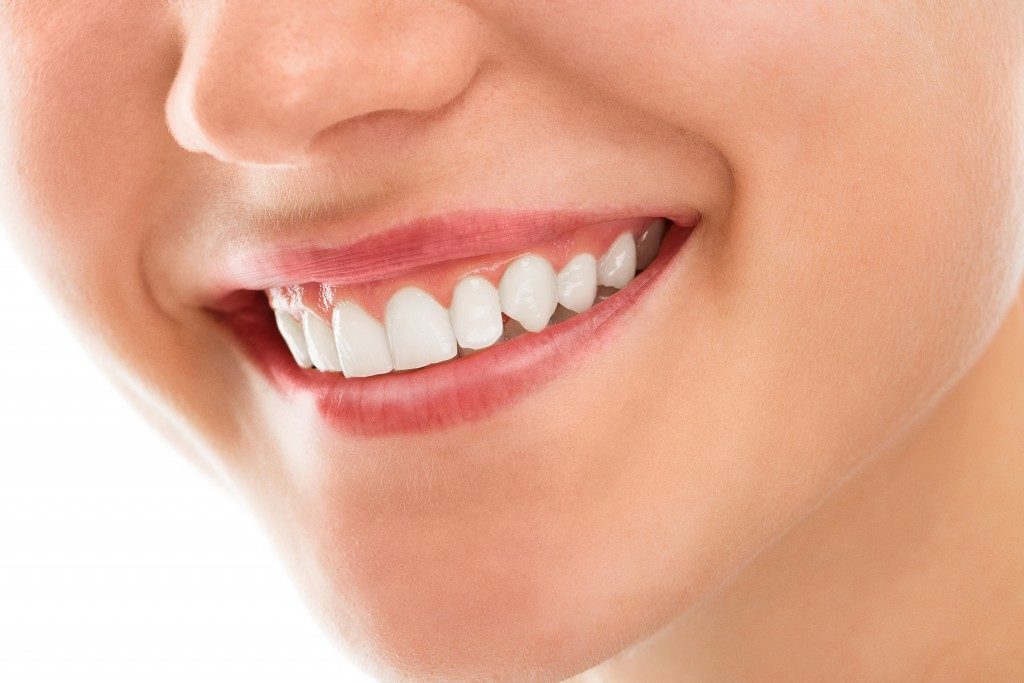As we age, our bodies undergo several changes that can affect our dental health. One of the most common issues that seniors face is bone loss which can lead to dental problems like loose or missing teeth, gum recession, and more. Dental prosthetics are an excellent solution to replace missing teeth, but did you know that they can also contribute to bone loss if not properly maintained? In this article, we will discuss why bone loss happens with dental prosthetics and how to prevent it!
Why Bone Loss Happens with Dental Prosthetics
Some bone loss is a natural part of ageing, but it can also be aggravated by several other factors, including tooth loss. When you lose a tooth, the bone that supports it begins to deteriorate because it is no longer being stimulated by the tooth’s roots. This can lead to a weaker jawbone and other dental problems. Dental prosthetics, like dentures and bridges, can also contribute to bone loss if they are not properly maintained.
The Science behind Bone Loss with Dental Prosthetics

Dental prosthetics sit on top of the gums and are not anchored to the jawbone like natural teeth. This means that they do not provide the same level of stimulation to the bone as natural teeth, which can cause the bone to deteriorate over time. Additionally, the pressure from dental prosthetics can cause the bone to resorb, leading to a weaker jawbone and other dental problems.
How to Prevent Bone Loss with Dental Prosthetics
Preventing bone loss with dental prosthetics requires proper maintenance and care.
- Clean your prosthetics daily: Dental prosthetics can harbour bacteria and plaque, which can start to gum disease and bone loss. Be sure to clean your prosthetics daily using a soft-bristled brush and mild detergent.
- Practise good oral hygiene: Brush your natural teeth and gum spaces twice a day, flossing where required to prevent.
- Get regular checkups: Regular visits to your dentist can help catch dental problems early and prevent further damage to your teeth and bone.
- Consider implant-supported prosthetics: Dental Implants in Plymouth are anchored to the jawbone and provide the same level of stimulation as natural teeth. They can help prevent bone loss and improve overall dental health.
Take Control of Your Dental Health

If you are experiencing bone loss with dental prosthetics, it’s not too late to take action. By following the tips outlined above and consulting with your dentist, you can maintain good oral health and prevent further bone loss.
Remember, prevention is central when it comes to dental health, so don’t wait until it’s too late to take care of your teeth and bones.
The Importance of Proper Dental Prosthetic Care
Bone loss with dental prosthetics is a common problem that can lead to several dental issues. However, with proper care and maintenance, you can prevent bone loss and maintain good oral health. By practising good oral hygiene, cleaning your prosthetics daily, and getting regular checkups, you can take control of your dental health and prevent further damage to your teeth and bone.



